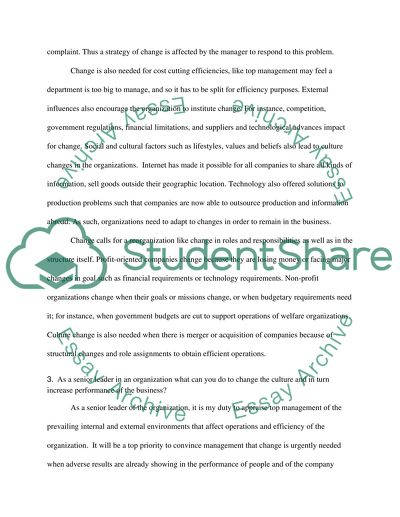Cite this document
(“Manangment Essay Example | Topics and Well Written Essays - 500 words”, n.d.)
Retrieved from https://studentshare.org/other/1419863-manangment
Retrieved from https://studentshare.org/other/1419863-manangment
(Manangment Essay Example | Topics and Well Written Essays - 500 Words)
https://studentshare.org/other/1419863-manangment.
https://studentshare.org/other/1419863-manangment.
“Manangment Essay Example | Topics and Well Written Essays - 500 Words”, n.d. https://studentshare.org/other/1419863-manangment.


